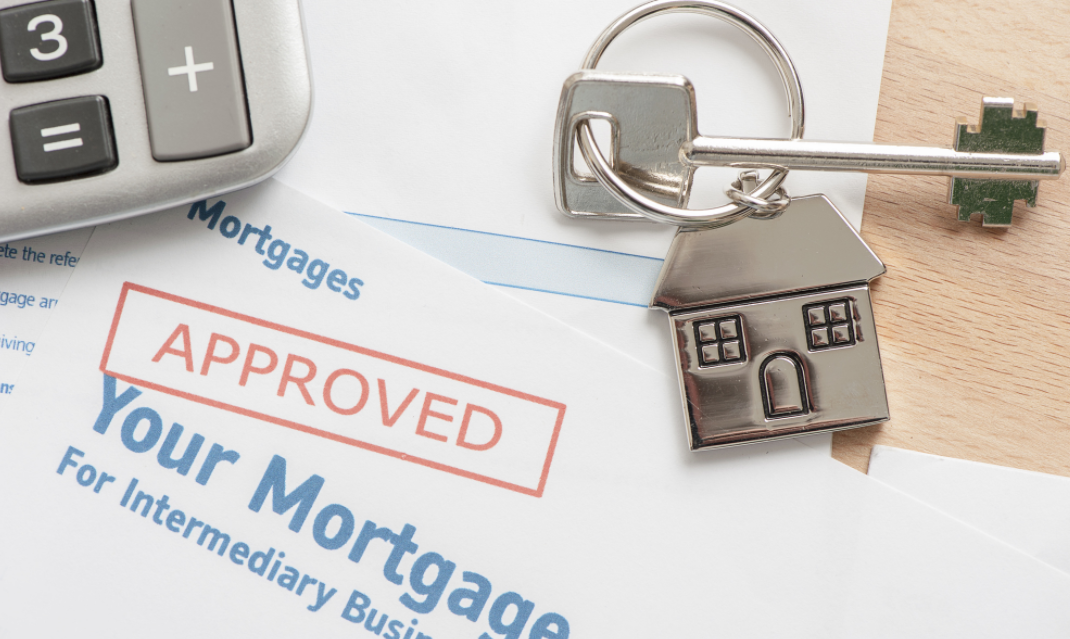Whether you’re looking to buy a new home for yourself and the family or buying one for investment purposes, there are some crucial factors to consider. A home loan is a very convenient and viable way of spreading a home’s payment over a particular timeframe to best suit your needs. Furthermore, by utilizing a home loan as a tool, you could make lucrative gains, but you need to make good choices along the way. So here we present to you the top seven factors you should consider when choosing home loans. And we left one of the most important aspects at the end.
Table of Contents
1. Research Is Critical
This point can’t be stressed enough. You need to make yourself aware of as many home loan opportunities as possible. By comparing loan costs, you can gauge what the market has to offer and get a clearer idea of what’s available to you.
With the internet being a vast resource of information, and almost every home loan provider showing their deals online, it shouldn’t be too difficult to find various home loan offers to suit your needs.
Within your research criteria, you should be looking at three key factors that make up a home loan — the down payment, EMIs, and repayment tenure. Take note of each of these factors with every loan you research.
2. Be Realistic
Affordability is one factor that you can’t ignore when choosing home loans. Quite simply, if you can’t realistically afford your fixed monthly EMIs, the particular loan you’re looking at should be off the table.
Furthermore, not only should you be able to afford the monthly payments, but they shouldn’t drastically affect your cost of living. If you have to make heavy sacrifices to pay your EMIs, you will most likely end up in tears further down the road, where you can feel trapped and even depressed.
3. Choose The Right EMIs For You
Yes, we’re back to EMIs again — because they are so important when considering a home loan.
Many banks offer various EMI options to match different people’s needs, and it really is down to you to select the right one for you.
Bear in mind; down payments largely depend on the amount of down payment you put forward. Of course, the bigger the down payment, the less you’ll have to pay in the form of EMIs, so it’s in your interest to gather as much as you can afford for the downpayment.
4. Maintain a Good Credit Score
Without a decent credit score, you’re not going to be considered for a home loan at all. Therefore, if you think your credit score is lacking, it might be time to start improving it if you want that loan.
There are many online resources out there that can give you help and advice about improving your credit score. And, if your score is good, then it’s likely that your loan application will run more quickly and smoothly.
But more importantly, with good credit in your name, you may very well be able to gain better interest rates on your repayments.
5. Look For Additional Charges
Many home loan providers don’t just dish up EMIs for you to pay. These companies will also typically have administrative and processing charges. As well, there can be service charges from banks.
First of all, make sure the loan provider you are dealing with is completely transparent about any additional fees. Then it would help if you found out whether these fees are one-time payments or ongoing throughout your home loan contract.
6. The Repayment Tenure
EMIs and your repayment tenure are closely linked. You have to consider that if you opt for a more extended repayment period, interest rates will be levied upwards, and you’ll have to pay more in the long run.
However, with a longer repayment tenure, you can make smaller payments conducive to your lifestyle and monthly outgoings.
The trick is to find a happy medium with your repayment tenure so that you can comfortably afford payments but you’re not prolonging the process and paying extra money out for nothing.
7. Are the Interest Rates Competitive?
Understandably, the most important factor to consider when choosing a home loan has to be how competitive the interest rates for loans are.
This factor sits side by side with the first point we made about research. You should also take note of each loan provider’s interest rates and compare them to see who’s suits your needs best.
Some might offer really competitive rates, yet they may require a larger downpayment. There are also various other combinations and structures provided by loan companies relating to their interest rates — it can get a little confusing.
That’s why we recommend you set out a clear amount of down payment you are willing to pay and an exact EMI payment level too. After you’ve decided on these factors, you can then look at what interest rates are available to you.
Why not check out this information on jumbo loans as a great starting point?
The Crux of Choosing Home Loans
Choosing home loans doesn’t have to be a stressful process. It just requires a bit of patience and for you to know what to look for in a home loan.
Essentially, the loan’s tenure, your EMIs, the down payment, and the interest rates are the key things to look at. And it’s best you come up with a realistic amount that you can pay for the various aspects before you get stuck into the research.
For more useful tips, check out more of our blog articles.





